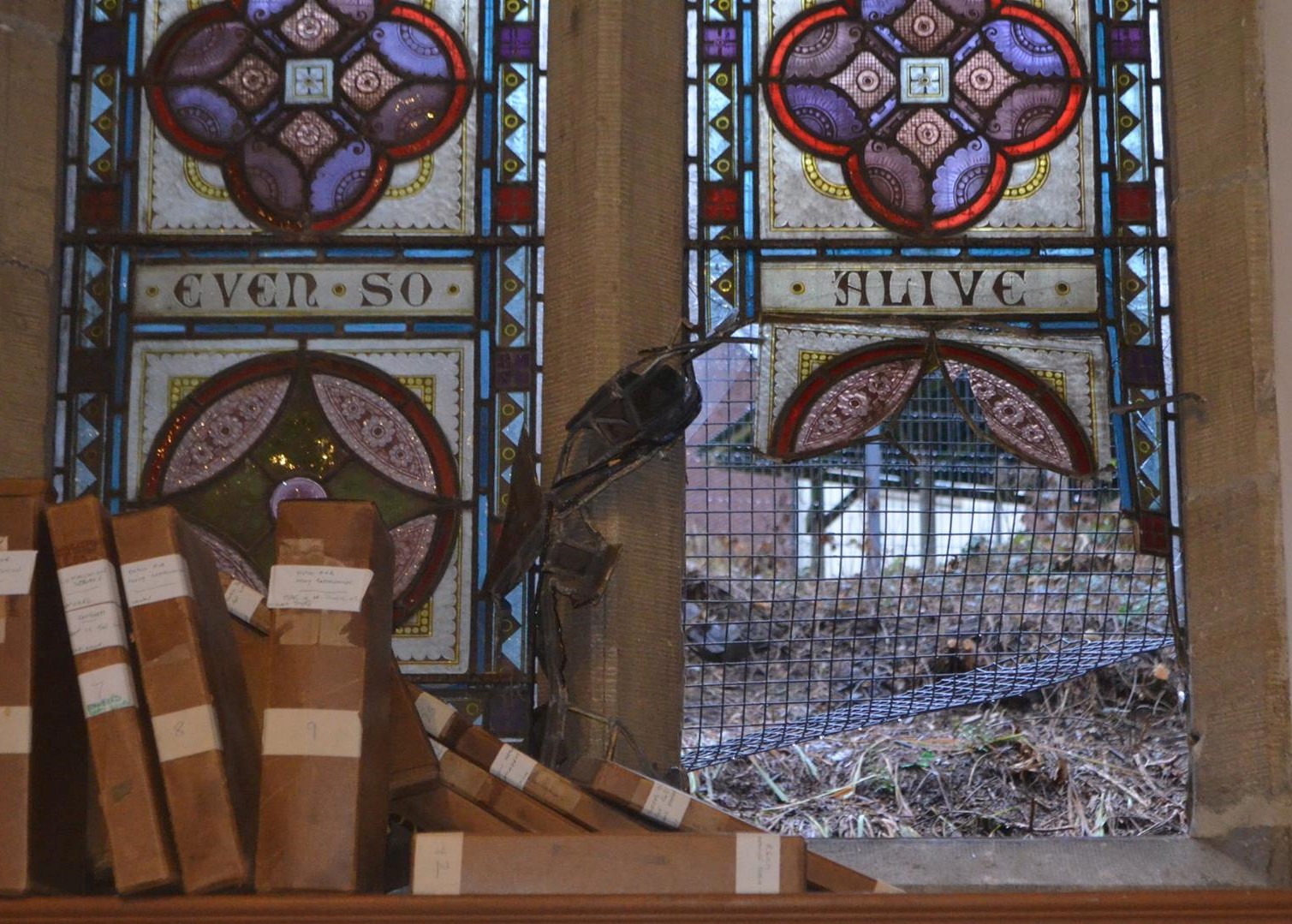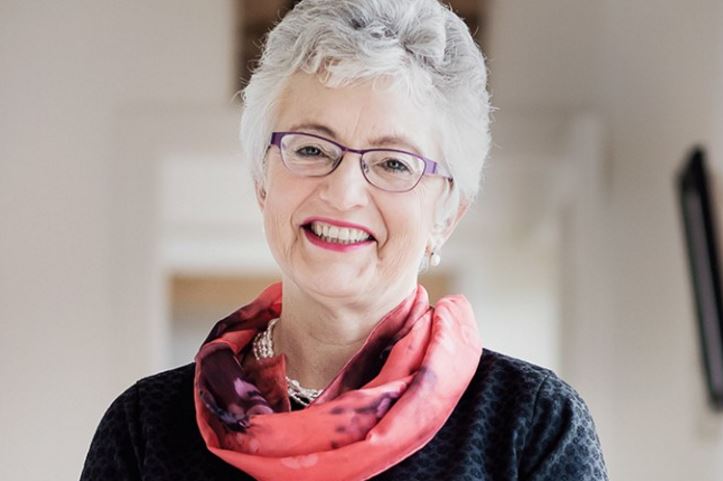While women have proved they can be the main breadwinner in a marriage, and men can be the main home-maker new research out of the University of Illinois finds that couples who go against the age-old gender norms are actually at a higher risk of damaging their psychological well-being.
Karen Kramer and Sunjin Pak of the University of Illinois examined data on nearly 1,500 men and 1,800 women, aged between 52 and 60, who had participated in theUS National Longitudinal Surveys of Youth. They found that men’s well-being decreased once they had left the workforce to tend to household matters, while the inverse wasn’t true for women. In fact, their findings showed that women who became the breadwinner of their family reported more symptoms of depression.
“We observed a statistically significant and substantial difference in depressive symptoms between men and women in our study,” said Kramer, who is a professor of human development and family studies. “The results supported the overarching hypothesis: Well-being was lower for mothers and fathers who violated gendered expectations about the division of paid labor, and higher for parents who conformed to these expectations.”
Even among the more egalitarian-minded couples, differences arose. Women in that subgroup experienced better mental health when their wages and share of the family’s income increased. However, regardless of their beliefs, men’s mental health took a hit when their earnings as a proportion of the family income shrank – suggesting perhaps that “work identity and (the) traditional role of primary earner are still critical for men, even when they have a more egalitarian gender ideology,” the researchers wrote.




















